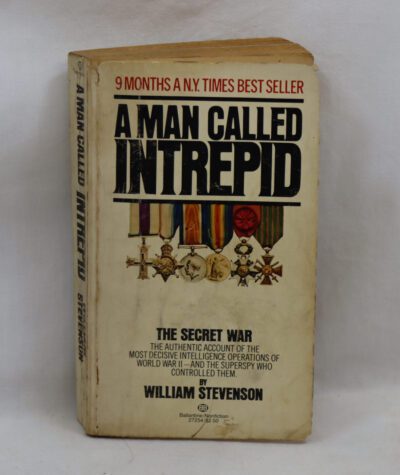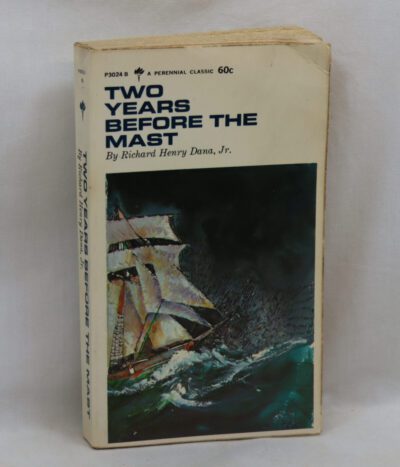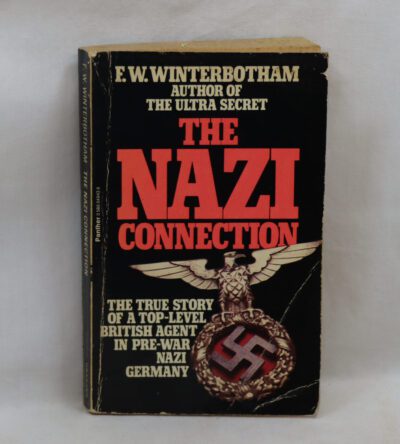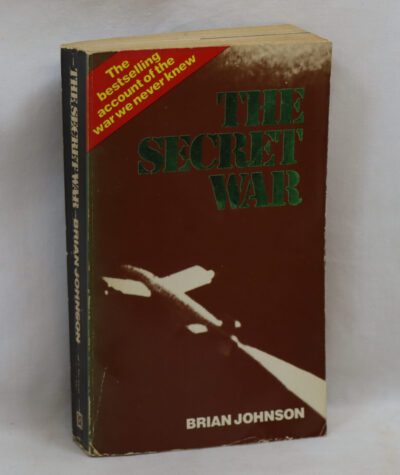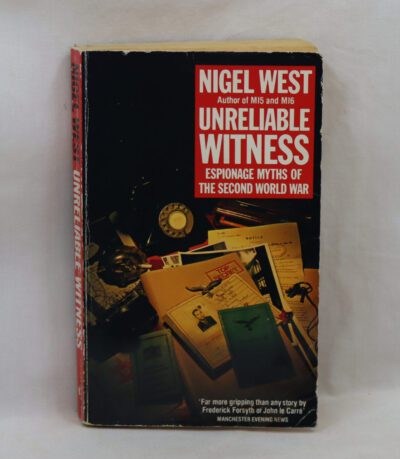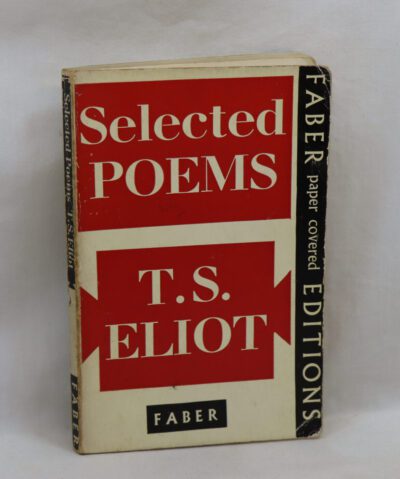The search for your perfect item starts here ...
Suez 1956.
By Selwyn Lloyd
ISBN: 9780831785505
Printed: 1978
Publisher: Johnathan Cape. London
Edition: First edition
| Dimensions | 15 × 23 × 3.5 cm |
|---|---|
| Language |
Language: English
Size (cminches): 15 x 23 x 3.5
Condition: Fine (See explanation of ratings)
Item information
Description
In the original dustsheet. Navy cloth binding with gilt title on the spine.
F.B.A. provides an in-depth photographic presentation of this item to stimulate your feeling and touch. More traditional book descriptions are immediately available.
As a youngster I met Selwyn Lloyd. He impressed me and expounded much that the US sought to destroy the UK. Now a days it is often forgotten that for over 100 years Britain was the world’s policeman and was the nation that both the Soviets and Chinese most feared – Martin Frost.
For almost a quarter of a century since, the Suez affair was hotly debated. Now a new perspective is added by one of its chief political architects. Selwyn Lloyd believed that, despite the two Arab-Israeli wars since, fought across much of the same territory, the Suez operation lanced an abscess in the Middle East which could have festered into a grave international crisis.
John Selwyn Brooke Lloyd, Baron Selwyn-Lloyd, (28 July 1904 – 18 May 1978) was a British politician. Born and raised in Cheshire, he was an active Liberal as a young man in the 1920s. In the following decade, he practised as a barrister and served on Hoylake Urban District Council, by which time he had become a Conservative Party sympathiser. During the Second World War he rose to be Deputy Chief of Staff of Second Army, playing an important role in planning sea transport to the Normandy beachhead and reaching the acting rank of brigadier.
Elected to Parliament in 1945 as a Conservative, he held ministerial office from 1951, eventually rising to be Foreign Secretary under Prime Minister Anthony Eden from April 1955. His tenure coincided with the Suez Crisis, for which he at first attempted to negotiate a peaceful settlement, before reluctantly assisting with Eden’s wish to negotiate collusion with France and Israel as a prelude to military action. He continued as Foreign Secretary under the premiership of Harold Macmillan until July 1960, when he was moved to the job of Chancellor of the Exchequer. In this job he set up the NEDC but became an increasingly unpopular figure because of the contractionary measures which he felt compelled to take, including the “Pay Pause” of July 1961, culminating in the sensational Liberal victory at the Orpington by-election in March 1962. In July 1962 Macmillan sacked him from the Cabinet, making him the highest-profile casualty in the reshuffle known as the “Night of the Long Knives”.
He returned to office under Prime Minister Alec Douglas-Home as Leader of the House of Commons (1963–64), and was elected Speaker of the House of Commons from 1971 until his retirement in 1976.
The Suez Crisis, or the Second Arab Israeli war, also called the Tripartite Aggression in the Arab world and the Sinai War in Israel, was an invasion of Egypt in late 1956 by Israel, followed by the United Kingdom and France. The aims were to regain control of the Suez Canal for the Western powers and to remove Egyptian president Gamal Abdel Nasser, who had just swiftly nationalised the foreign-owned Suez Canal Company, which administered the canal. Israel’s primary objective was to re-open the blocked Straits of Tiran. After the fighting had started, political pressure from the United States, the Soviet Union and the United Nations led to a withdrawal by the three invaders. The episode humiliated the United Kingdom and France and strengthened Nasser.
On 26 July 1956, Nasser nationalised the Suez Canal Company, which prior to that was owned primarily by British and French shareholders. On 29 October, Israel invaded the Egyptian Sinai. Britain and France issued a joint ultimatum to cease fire, which was ignored. On 5 November, Britain and France landed paratroopers along the Suez Canal. Before the Egyptian forces were defeated, they had blocked the canal to all shipping by sinking 40 ships in the canal. It later became clear that Israel, France, and Britain had conspired to plan the invasion. The three allies had attained a number of their military objectives, but the canal was useless. Heavy political pressure from the United States and the USSR led to a withdrawal. U.S. president Dwight D. Eisenhower had strongly warned Britain not to invade; he threatened serious damage to the British financial system by selling the U.S. government’s pound sterling bonds. Historians conclude the crisis “signified the end of Great Britain’s role as one of the world’s major powers”.
The Suez Canal was closed from October 1956 until March 1957. Israel fulfilled some of its objectives, such as attaining freedom of navigation through the Straits of Tiran, which Egypt had blocked to Israeli shipping since 1948–1950.
As a result of the conflict, the United Nations created the UNEF Peacekeepers to police the Egyptian–Israeli border, British prime minister Anthony Eden resigned, Canadian external affairs minister Lester Pearson won the Nobel Peace Prize, and the USSR may have been emboldened to invade Hungary.
Want to know more about this item?





